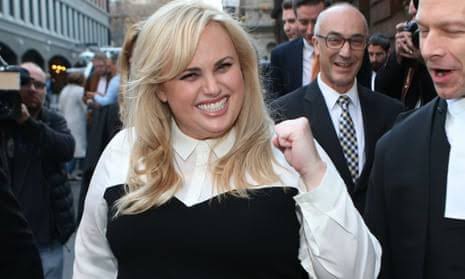A U.S. Bankruptcy Court judge is expected to provide insights on Tuesday regarding his approval of Purdue Pharma's plan to settle myriad lawsuits concerning the devastating impact of opioids. The settlement, which is one of the largest in opioid history, involves the Sackler family, owners of Purdue, agreeing to pay up to $7 billion over a period of time.
Judge Sean Lane expressed last week that he would approve the plan, which notably includes compensation for some victims of the opioid crisis, distinguishing it from previous settlements.
Distribution of Settlement Funds
The Sackler family will fund a substantial portion of the settlement, amounting to $7 billion over 15 years, aimed primarily at addressing the opioid epidemic. This includes approximately $850 million earmarked for individual victims, particularly those severely affected, such as children born with withdrawal symptoms.
Victims must provide evidence of an OxyContin prescription to qualify for compensation, which could range from $8,000 to $16,000 depending on their circumstances and the number of qualifying individuals. The distribution for individual victims is set for next year.
Changes in Company Governance
Beyond monetary compensation, the Sackler family will also relinquish control of Purdue Pharma. Although they have not participated in the company’s board or drawn salaries since 2018, the company will be restructured under a new entity, Knoa Pharma, which will be governed by a board appointed by state representatives with an emphasis on public health.
The Sacklers have also committed to not having their names associated with institutions in exchange for funding, a practice that had been common in the past.
Additionally, Purdue Pharma will disclose a significant amount of previously private internal documents, which may offer further understanding of the company's practices in promoting and overseeing opioids.
It's worth noting that this settlement approach departs from previous proposals that required the Sackler family to confront those harmed by their actions directly.
Conclusion of a Prolonged Legal Battle
Purdue Pharma filed for bankruptcy in 2019 in response to an overwhelming number of lawsuits resulting from the opioid crisis. Although a settlement was initially sanctioned two years later, the U.S. Supreme Court struck down that plan for protecting Sackler family members from lawsuits not deemed directly related to their bankruptcy declaration.
The current proposal allows for lawsuits to proceed against Sackler family members who choose not to participate in the settlement. This time around, there has been less objection to the settlement, though concerns were voiced by some individuals self-representing during a recent three-day confirmation hearing.





















